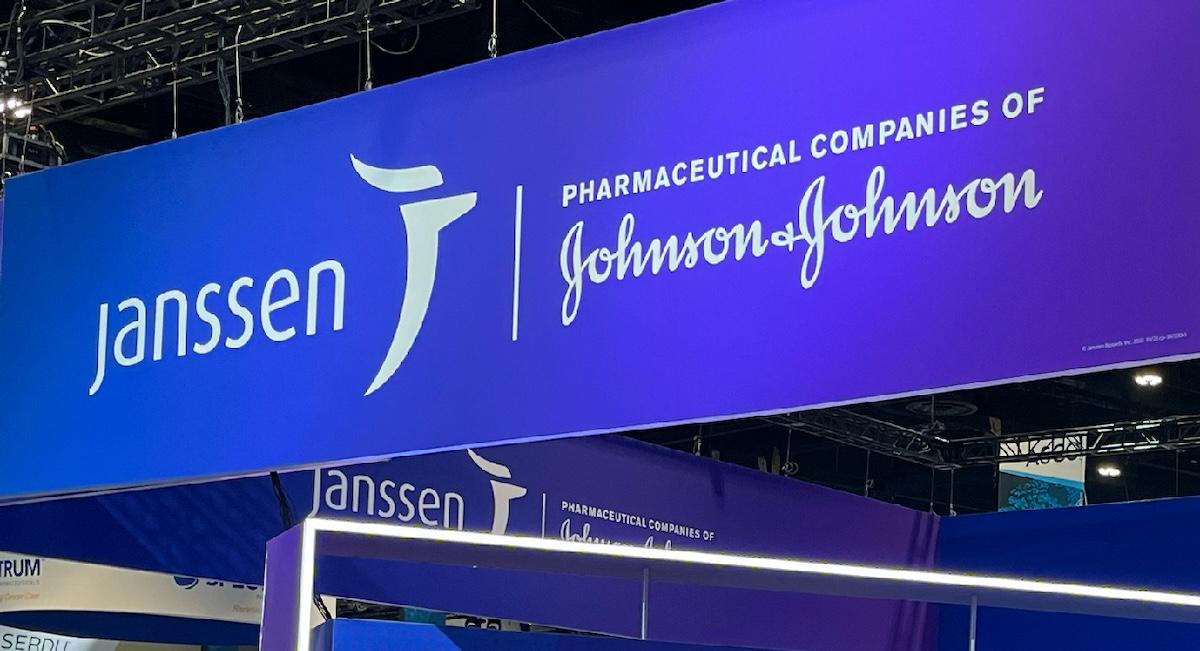J&J's 340B rebate scheme stymied by strong-arm HRSA letter

The month-long standoff between the US Health Resources and Services Administration (HRSA) and Johnson & Johnson came to an end yesterday when J&J officially backed down from its plan to switch to a rebate model for 340B discounts on its anticoagulant Xarelto (rivaroxaban) and immunology therapy Stelara (ustekinumab).
Johnson & Johnson announced the proposed plan in a letter to hospitals on August 23, sparking a prompt outcry from both provider organisations like the American Hospital Association and from HRSA, which informed J&J three days later that the approach is inconsistent with the laws governing the programme. J&J disagrees, arguing that the statute allows for handling discounts in a variety of ways including rebates.
Then, in a letter dated September 27th, HRSA gave J&J until September 30th to cease implementation of the programme (which J&J had planned to begin on October 15th) or face termination of its agreement with Medicare and an investigation by the HHS Office of the Inspector General. Yesterday, J&J responded with a letter saying it would back down due to "its strong and unwavering commitment to its patients" and "HRSA’s unwarranted threats of excessive and unlawful penalties."
The Medicare 340B programme has become a major flashpoint in the debate about drug pricing, and preventing 340B abuse has become a cause celebre for the pharma industry and its lobbyists. Originally conceived of as a discount programme for lower income patients, the programme is administered in such a way as to allow considerable "leakage" as large hospitals and PBMs use the discount for bulk purchases without having to prove how many of those drugs actually go to eligible patients.
Furthermore, and relevant to the case at hand, there's a considerable risk of illegal "duplicate discounts" being applied when 340B applies in addition to other savings provisions like Medicare rebates.
The likely reason for J&J making this move at this time is that both Xarelto and Stelara appeared on the list of the first 10 drugs to be sold to Medicare at a discount under the Inflation Reduction Act - creating further opportunities for illegal discount duplication. Xarelto and Stelara are slated for 66% and 62% reduction respectively.
This may not be the end of the story. Although J&J has backed down from the plan, COO Scott White stated in the letter to HRSA that it "reserves all of its legal rights with respect to this matter." The company maintains that its scheme would not hamper legitimate 340B claims; it would only create transparency to catch fraud and duplication.











